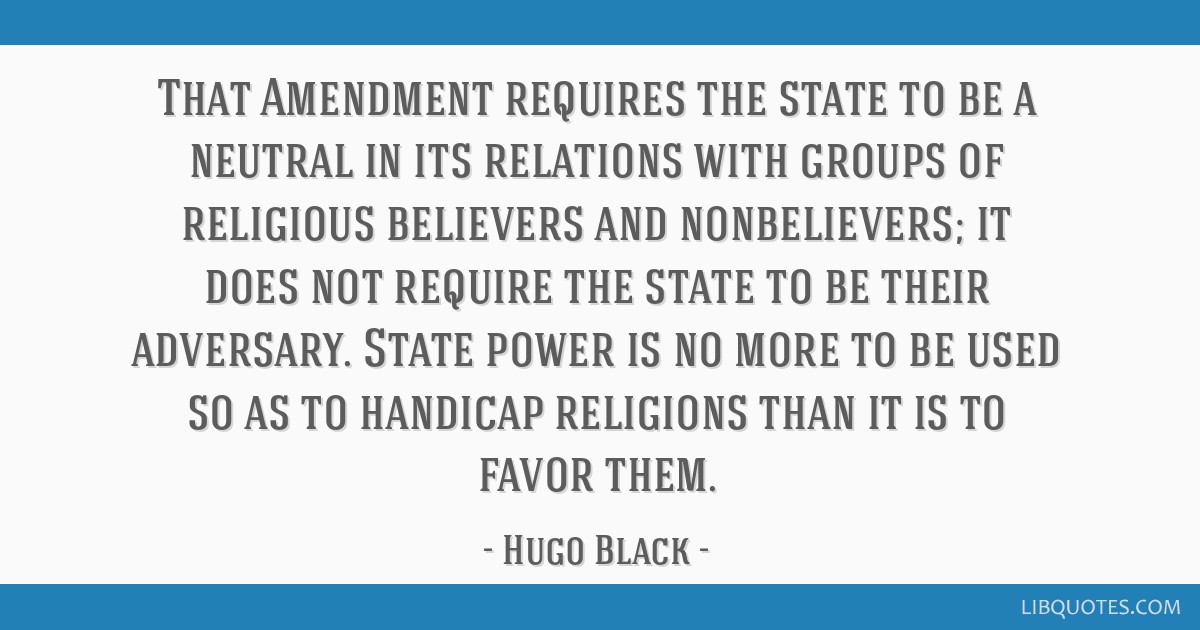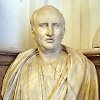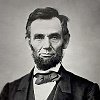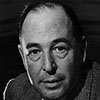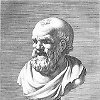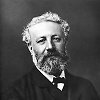That Amendment requires the state to be a neutral in its relations with groups of religious believers and nonbelievers; it does not require the state to be their adversary. State power is no more to be used so as to handicap religions than it is to favor them.
Writing for the court in Everson v. Board of Education, 330 U.S. 1 (1947) about the consequences of the First Amendments Establishment Clause and Free Exercise Clause for the separation of church and state.
